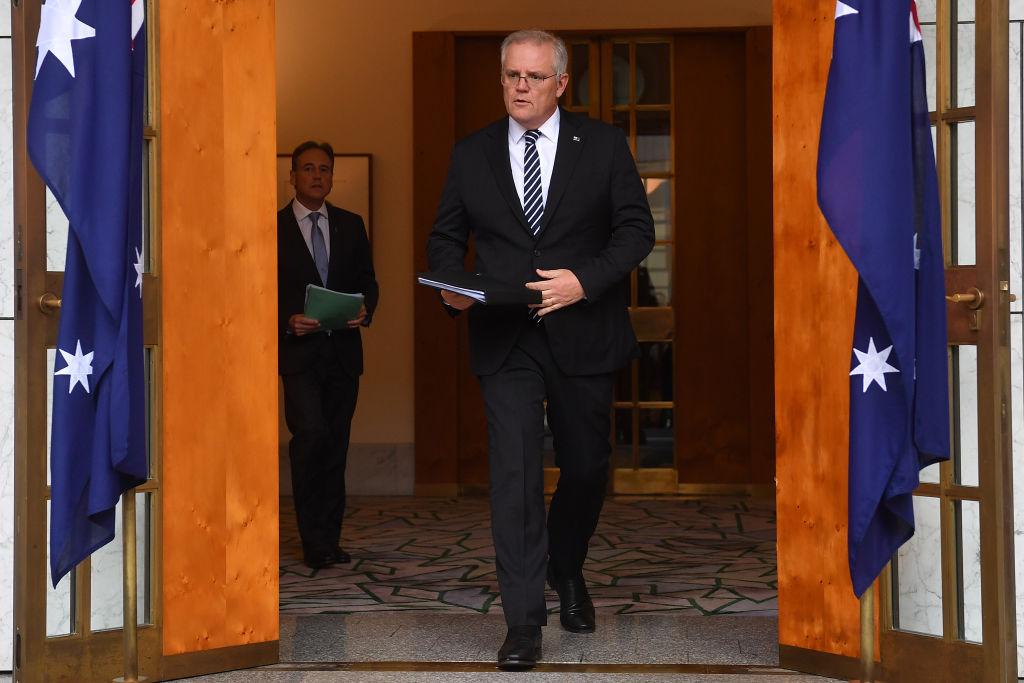The Morrison government plans to bring industrial relation reforms, which had been decimated, back on the table for negotiation as the next federal election approaches.
In March, the coalition government rushed to pass its controversial omnibus IR Bill and ended up stripping away every provision except changes surrounding casual workers and its definition.





